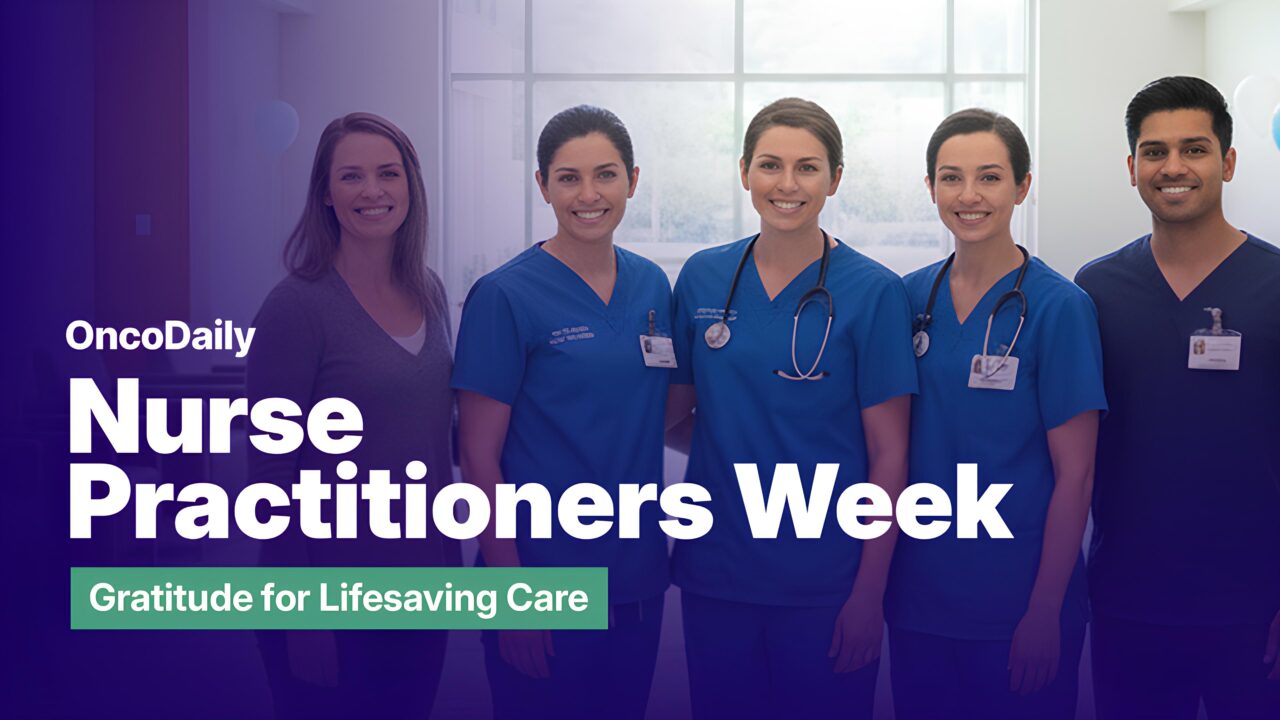Nurse Practitioners Week is an annual observance held from November 9 to 15, 2025. This dedicated week honors the vital role nurse practitioners (NPs) play in healthcare by providing comprehensive, patient-centered care across communities nationwide. The week recognizes their expertise, dedication, and significant contributions in improving access to quality medical services from primary care to specialized treatments.
The purpose of Nurse Practitioners Week is to raise public awareness about the NP profession, celebrate their achievements in diverse healthcare settings, and promote understanding of their qualifications and capabilities. It also serves to highlight the critical impact NPs have in addressing healthcare needs, especially in underserved areas, and to encourage support for enabling full practice authority. This week provides an opportunity to express gratitude for their unwavering commitment to patient advocacy and healthcare excellence.
History and Significance of the Nurse Practitioner Profession
The Nurse Practitioner (NP) profession has a history spanning over 60 years. It originated in 1965 when Drs. Loretta Ford and Henry Silver developed the first NP program at the University of Colorado in response to a shortage of primary care providers. This pioneering initiative aimed to expand access to healthcare, particularly for underserved populations like women, children, and the elderly.
Since then, the NP role has grown significantly as NPs have taken on expanded responsibilities including diagnosis, treatment, and prescribing medications. The establishment of the American Academy of Nurse Practitioners (AANP) in 1985 helped unify NPs nationwide and advocate for their professional recognition and practice rights.
Nurse Practitioners Week is important because it raises awareness and appreciation of the critical role NPs play in augmenting the healthcare workforce. NPs help improve access to quality care, especially in rural and underserved areas, addressing healthcare provider shortages and enhancing patient outcomes through holistic, patient-centered care.
Roles and Responsibilities of Nurse Practitioners
Nurse Practitioners (NPs) undergo advanced education typically at the master’s or doctoral level, including extensive clinical training that equips them with both nursing and medical expertise. Their education covers health assessment, diagnosis, pharmacology, and therapeutic interventions, preparing them to provide comprehensive care independently or collaboratively.
NPs have a broad scope of practice that includes diagnosing acute and chronic conditions, prescribing medications, developing and managing treatment plans, ordering and interpreting diagnostic tests (such as labs and imaging), and providing health education and counseling. They manage patient care holistically with a focus on prevention, wellness, and treatment across the lifespan.
NPs specialize in diverse fields such as family practice, pediatrics, geriatrics, women’s health, psychiatry, acute care, oncology, and more. They work in varied healthcare settings primary care clinics, hospitals, specialty practices, community health centers, schools, and long-term care facilities serving as frontline providers and healthcare leaders.
You Can Also Read ESO–EONS Clinical Training Fellowship for Cancer Nurses by OncoDaily

Impact on Healthcare Delivery
Nurse Practitioners (NPs) have a significant impact on healthcare delivery by improving access, quality, and cost-effectiveness of care. Studies show that NPs provide primary care comparable to that of physicians in outcomes and patient satisfaction, especially in underserved areas. They help reduce healthcare disparities by increasing access to services in rural and low-income communities.
NPs contribute to better patient outcomes through comprehensive, holistic care, emphasizing disease prevention, health education, and management of chronic conditions. Their involvement in primary care facilitates earlier intervention, better management of complex illnesses, and improved health outcomes.
In addition, NPs play a crucial role in expanding healthcare capacity, addressing provider shortages, and reducing wait times. Their involvement in specialty care and community health initiatives further enhances overall healthcare accessibility, especially for vulnerable populations.
Celebrating Nurse Practitioners
During Nurse Practitioners Week, typically observed November 9-15, healthcare organizations and communities come together to celebrate the dedicated work of nurse practitioners (NPs) through various events and activities. These include community outreach programs, educational seminars, health fairs, and social media campaigns designed to raise awareness about the NP profession and its impact.
Stories highlighting exceptional NPs and their contributions are shared to inspire and recognize their dedication. Awards and acknowledgments often honor NPs who have demonstrated outstanding leadership, compassion, or innovation in patient care.
Healthcare organizations and the public can participate by hosting appreciation events, sharing educational resources, promoting NP career pathways, and engaging in online recognition campaigns. These activities foster greater understanding of NPs’ roles and amplify their voices in advocating for enhanced healthcare access and quality.
Such celebrations not only honor NPs but also promote the growth and recognition of the profession, ultimately benefiting patients and communities nationwide
Written by Aharon Tsaturyan, MD, Editor at OncoDaily Intelligence Unit


